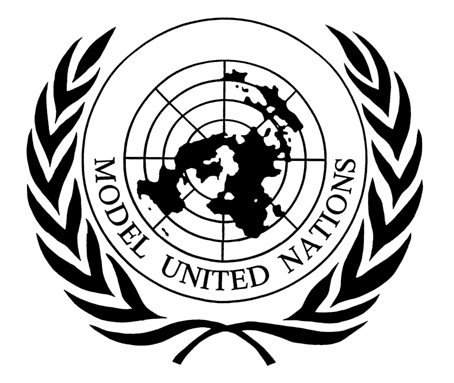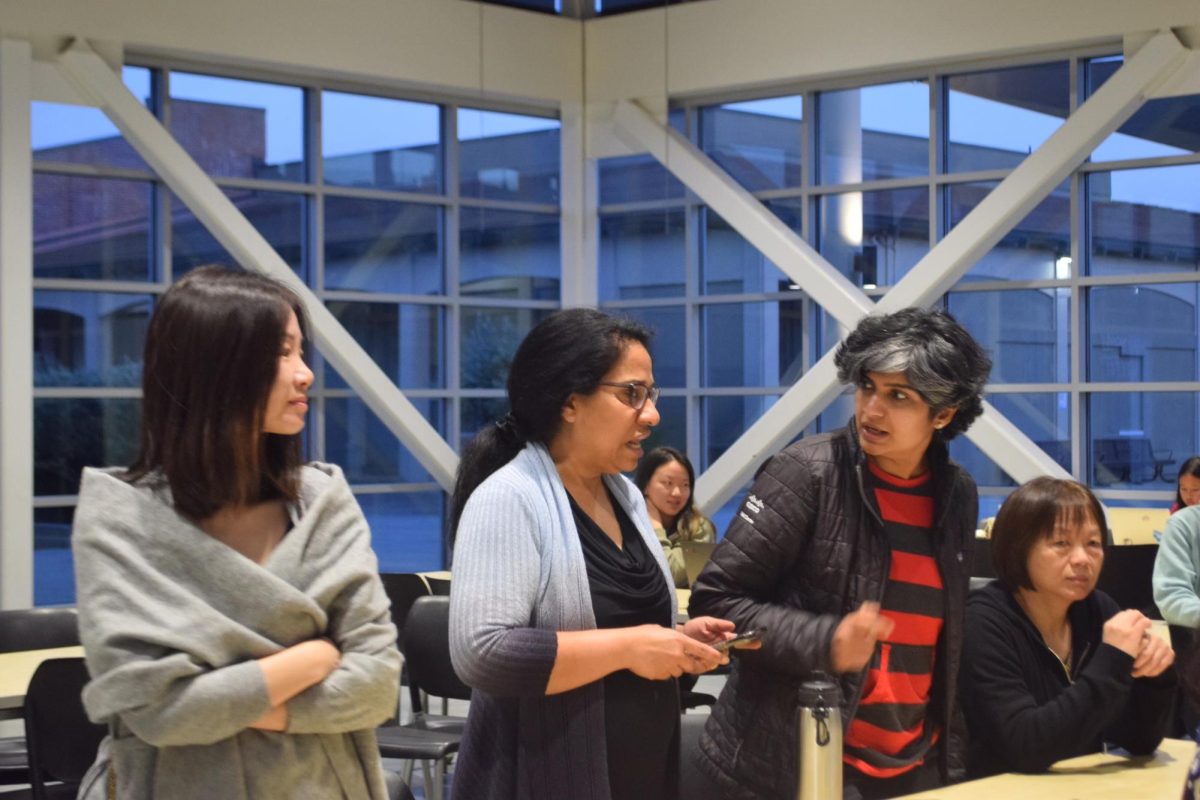Every year, members of the MVHS Model United Nations (MUN) club attend conferences at various high schools and universities, such as UC Berkeley and UC Davis, where they compete for awards against other high school students. Junior Amita Mahajan, the president of MUN club, shares how she prepares for committee, as well as tips for future members.
EE: What is the first thing you do when you get your topic and country?
AM: Procrastinate! No, I’m just kidding, normally I start off by reading the topic guide, which is a document written by your Chair (the judge) providing background information on the issue you’re dealing with. If the background guide is really short, I look up more information about the topic. While approaching your topic, it’s usually a good idea to start thinking about how your country will want to frame the issue – for instance, if you’re reading about marriage rights for women and your country is Saudi Arabia, you’ll be taking a far more conservative stance than a country like the United Kingdom.
EE: What are the steps you take until you step into that conference room?
AM: If I’m in a crisis committee, I try to go really in depth into what’s happening during the years the committee is taking place and figure out what the key events are. For instance, last year I was part of a simulation of the 2016 Ukrainian Cabinet, and a lot of the issues were focused on Russia’s influence on Ukraine and how that ties into energy independence, so I spent a lot of time researching that.
I also do more research on the country or person, and work on developing stances and solutions to the major sub issues of a given topic. Like if your committee is on the Syrian Refugee Crisis, the committee will likely be discussing foreign aid versus relocation, funding through NGOs or the government, and so on. It’s important to have an idea about where your country stands on these types of topics and have a few solutions on how to solve the issues.
EE: What are tips for first year members, in terms of preparing?
AM: In short:
- Read the background guide
- Abstract research on issues / country
- Frame large issue into subtopics
- Come up with solutions for subtopics
- Practice speeches
- Drink lots of caffeine the day of to get through committee
Spend some time preparing! You may occasionally see more experienced delegates slacking off in their research or writing their position papers the day before it’s due, but if it’s your first conference, you’ll feel a lot more confident and have much more fun if you spend time prepping. The more time you put into prepping, the more confident you’ll be.
Come to meetings! Although you can do committee-specific preparation at home, coming to the lunch and after school meetings will let you keep your speaking and leadership skills honed. Besides, they’re super fun.
In the days leading up to the conference, spend some time giving practice speeches on sub issues. You don’t have to spend hours on this – just a few 30-45 second speeches a day will go a long way.
Be confident! If you’ve done your preparation and know your stuff, you’ll have a lot of good ideas to share. Don’t let older delegates use your prep – instead, use your knowledge to guide discussions and lead the creation of resolutions.










